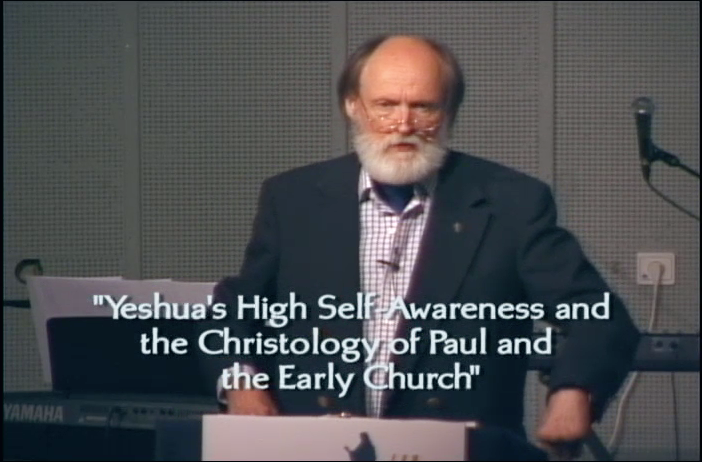The complete 2006 lecture is now accessible to JP users. View now!
The Times of the Gentiles and the Redemption of Jerusalem
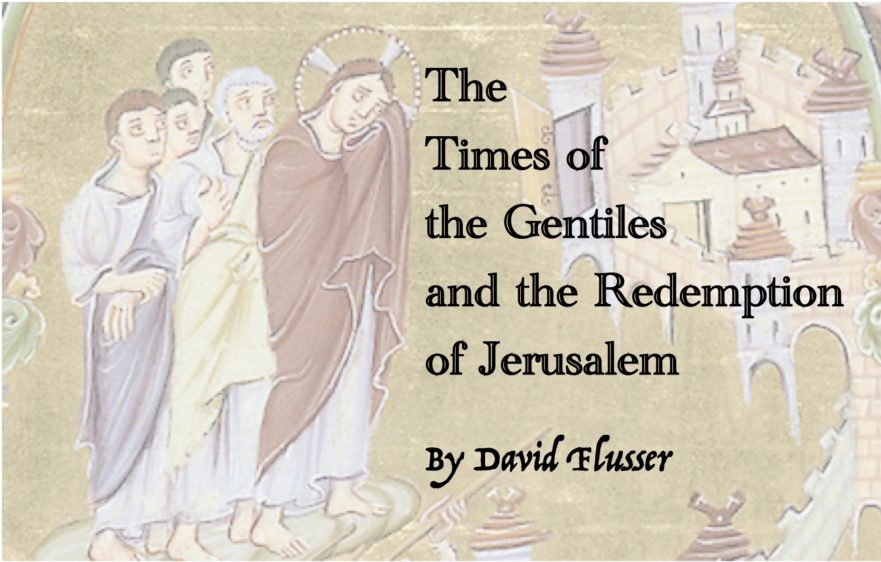
In this article David Flusser applies the methods of the Jerusalem School of Synoptic Research and the insights of Robert Lindsey’s solution to the Synoptic Problem to Jesus’ prophecy concerning the destruction and liberation of Jerusalem.
The Apostolic Decree and the Noahide Commandments
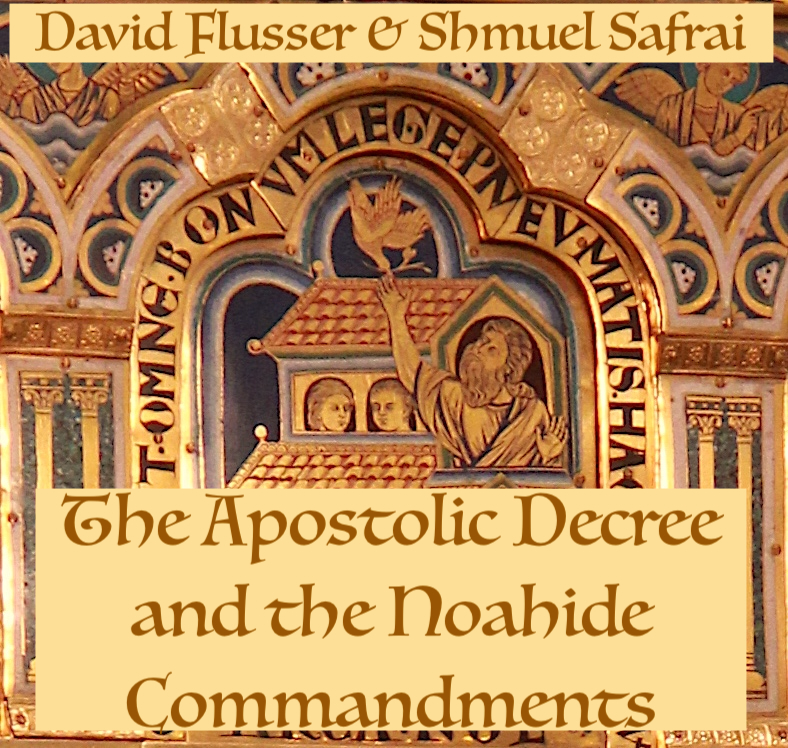
Jerusalem Perspective is pleased to make available to the English-speaking world this important article written originally in German by David Flusser and Shmuel Safrai: “Das Aposteldekret und die Noachitischen Gebote,” in Wer Tora mehrt, mehrt Leben: Festgabe fur Heinz Kremers (ed. E. Brocke and H.-J. Borkenings; Neukirchen-Vluyn, 1986), 173-192.
Is Faith Contrary to Empirical Support?
The apostles possessed more empirical supports for their faith than we can ever hope to possess, and certainly their spiritual “report cards” did not suffer for the fact.
A New Perspectivist Response to Simon Gathercole’s Christianity Today Article
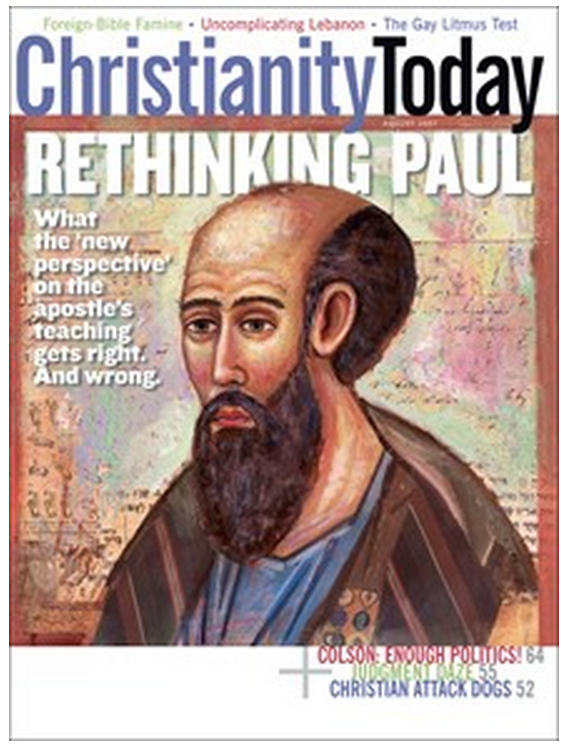
How do the results of a debate that raged more than three centuries after the New Testament was written affect the way most Westerners read Paul’s theology? Put briefly, Augustine effected a revolution in understanding what the human predicament is, how Christ saves us from it, and what the role of justification is within the larger understanding of salvation.
A Theology of Jewish-Christian Relations

Still today a famous German New Testament professor can say (as he did) to his students: “If you want to be a good Christian, you must kill the Jew in your heart.” I quote this professor’s words not because I am a Jew, but because he used the word “kill” as if it were a Christian virtue. Furthermore, the opinion that “you have to kill the Jew in your heart” is not unconnected with an important trend that existed in Christianity from its beginnings.
Book Review: James Tabor’s The Jesus Dynasty

Tabor has an annoying habit of promoting remote possibilities into even possibilities, and then into probabilities.
The Approval of Abraham: Traditions of God’s Acceptance of Abraham in Early Jewish and Christian Sources
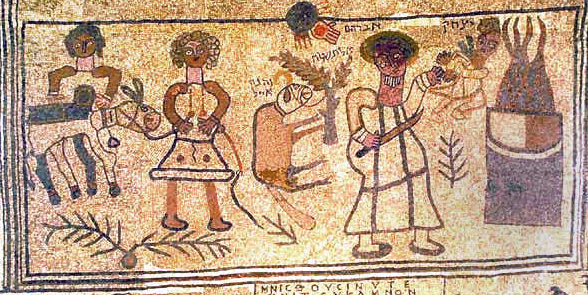
When, in ancient times, people read the account of the life of Abraham, it was common for them to ask, “When did Abraham finally make the grade? At which point in his life was Abraham approved and accepted by God?”
The Western Captivity of the Apostle Paul

It is now a commonplace observation among scholars that Paul’s most basic convictions were misrepresented by the most dominant streams of Western theology.
One God and Lord

The restoration of the Jewish homeland, Israel, and the reconnection of the Church to its Jewish roots are not unrelated phenomena. Many sectors of the Body of Messiah today are being stimulated and enriched by the “nourishing sap” of Israel’s faith, scriptures and scholarship. We are discovering that there is scarcely a single New Testament subject that cannot be amplified, deepened, or balanced by a Hebraic perspective. As disciples of Yeshua, we are deeply indebted to Israel.
Romans 11: The Olive Tree’s Root
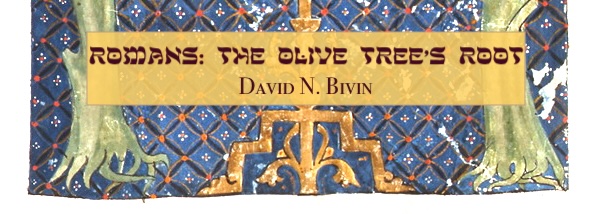
Paul spoke about Israel as a “cultivated olive tree” whose rootage was in the Patriarchs, particularly Abraham. Some Bible commentators, however, interpreted the root of the olive tree as Christ or his messianic program.
Were the Pharisees “Legalistic”?

If we define legalism as “works righteousness,” then we cannot apply it to the Pharisees, because the Pharisaic understanding of piety was not based upon this concept.

